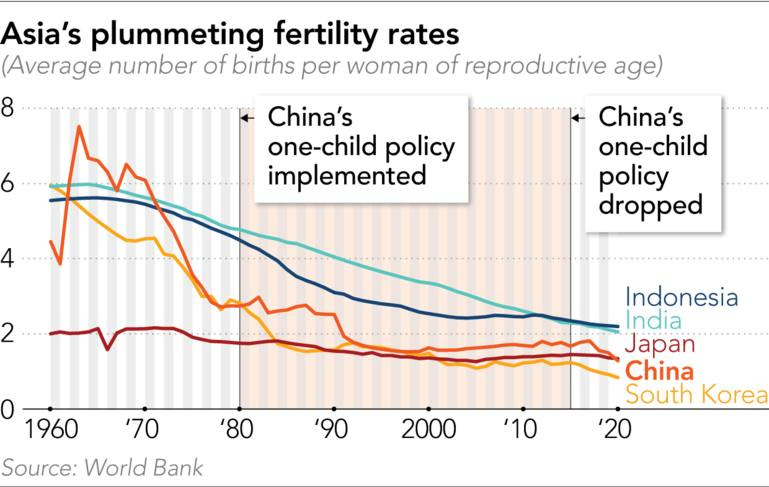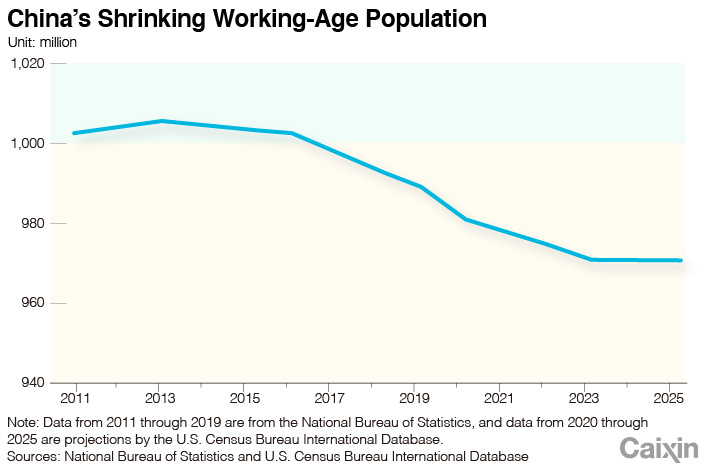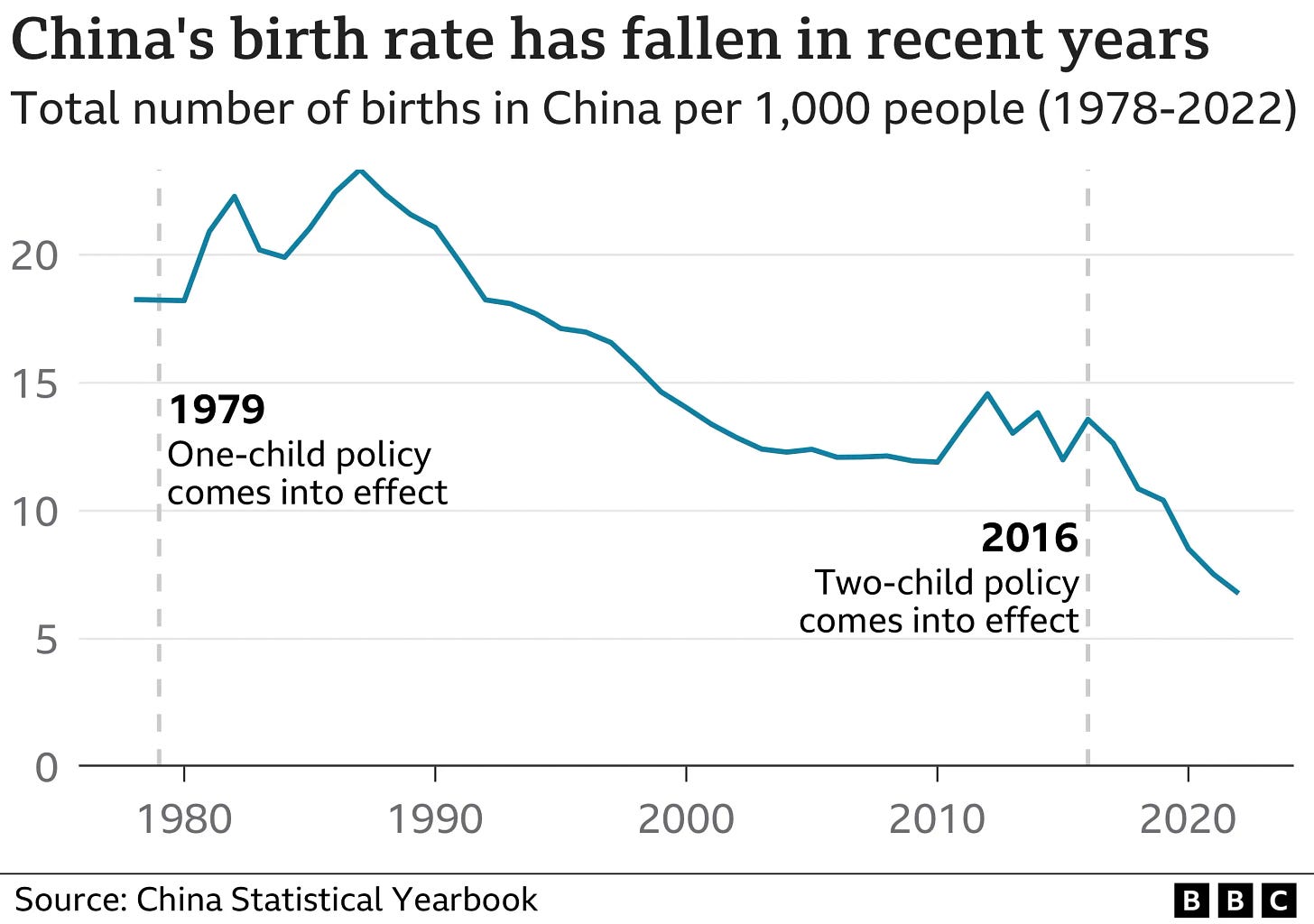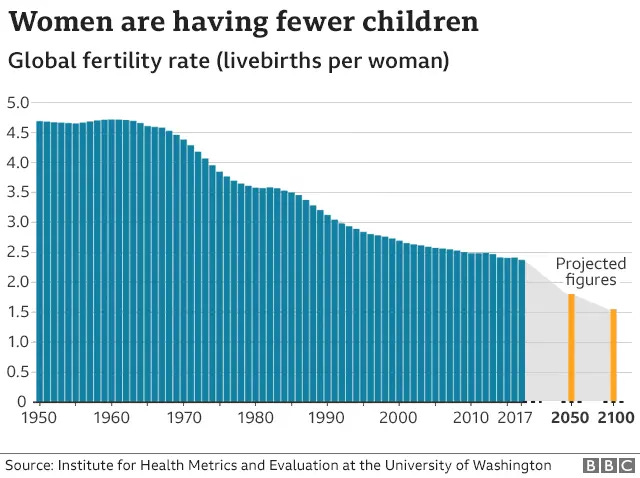A Chinese Real Estate Giant's Descent into Liquidation Chaos
Evergrande Collapse Signals End of an Era. Catch up on the biggest stories in CRE --->
Shattered Dreams: The Spectacular Decline of Evergrande
The curtain has finally fallen on China’s Evergrande, once the premiere firm in the Chinese real estate market. A Hong Kong court's recent ruling to liquidate the company marks a dramatic end to years of financial turmoil and mismanagement.
🏗️The Fall of a Giant: For years, Evergrande stood as a symbol of China's booming property sector, embarking on ambitious projects like the sprawling Evergrande Mansions in Guangdong. However, its aggressive borrowing strategy ultimately led to its downfall, leaving it with over $300 billion in debt.
🔚 Liquidation Order Issued: In a decisive move, Judge Linda Chan ordered Evergrande to wind up operations after the company failed to present a viable proposal for recovery for over one and a half years. This decision is expected to initiate a lengthy process of dismantling Evergrande’s vast empire, which spans across numerous cities and includes various businesses beyond real estate.
💥 Market Shockwaves: News of the liquidation sent the firm’s stock plummeting more than 20 percent before trading was halted. This development not only affects the company but also sends ripples through China’s already fragile property sector and financial markets wary of China’s economic stability.
🔄 A Complex Unwinding Ahead: With much of Evergrande’s assets either devalued or politically entangled, creditors face an uphill battle in recouping their investments. The outcome will be closely watched by international investors concerned about fairness and transparency in dealing with foreign investment disputes within China.
🌐 Implications for Foreign Investment: The resolution of this high-profile case could significantly influence global confidence in Chinese markets at a time when diplomatic tensions and economic policies have already caused fluctuations in foreign investment flows.
💡 A Turning Point?: As authorities navigate this unprecedented liquidation process—potentially setting precedents for cross-border legal recognition—the world watches to see how this "big bang" moment reshapes investor perceptions and regulatory approaches within one of the globe's most influential economies.
For ongoing updates on this developing story, check out this excellent coverage from the NY Times.
Links of the Day
🧑🏫️Our Picks
Dominating the Market: 🏢 CBRE leads U.S. commercial real estate sales for the 18th year. What’s their secret to success?
Real Estate's Big Comeback? 🚀 Explore how demographic shifts and market cycles may make 2024 a landmark year for private real estate investments.
Historic ruling on the horizon: ⚖️ Trump Org's fate hangs in balance as judge considers unprecedented civil fraud penalty. What does this mean for Trump's property empire?
End of an era: 💥 Evergrande's 'Big Bang' collapse sends shockwaves through financial markets, marking a significant turn in China’s economic landscape.
🏭Industrial
Building Tomorrow: 🏗️With a fresh $300M, CIP Real Estate seeks to enlarge its industrial empire across the Southeast, Texas, and the West Coast.
Evergrande's downfall: 🏗️💔 A Hong Kong court orders liquidation of the debt-ridden giant, signaling tough times ahead for China's real estate
👪 Multifamily
Rising Above Challenges: 🌆 Why Washington, D.C.'s multifamily market outperforms amidst macroeconomic shifts and what it means for future growth.
Apartment Turmoil in SF: 💸 Bondholders face over 50% losses in a high-profile apartment portfolio transaction. Learn how Brookfield's buyout has reshaped expectations.
🏷 Retail
Retail Rebound: 🛍️ As consumer spending stays strong, landlords are saying goodbye to pandemic rent discounts. Discover how the shift impacts retailers and real estate trends.
💼 Office
Empty Spaces in San Mateo: 📉 With office vacancies soaring, find out how the changing work landscape and funding challenges are impacting the area.
Pandemic Office Changes in SLC: 📉 The post-pandemic world has reshaped Salt Lake's office spaces. See how.
Flex Spaces on the Rise: 🌟 2024 brings a new era for coworking. Explore how industry shifts are fueling demand for adaptable, collaborative environments and what this means for your workspace options.
Transforming Columbus: The Kroger Bakery site is set for a $155M makeover, blending retail, offices, and 363 apartments! See how a $3.5M tax credit is making it happen.
💡 REITs & 5G: A Match Made in Investment Heaven? American Tower Corporation offers a dividend yield of 3.5% with cell phone towers.
Remote Revolution: 🏡 How small businesses are redefining the workspace post-pandemic, from ditching downtown offices to embracing suburban setups.
Sarasota Office Bet: 🏢 See how Michael Saunders & Company's $4 million investment keeps them rooted in downtown Sarasota, defying the work-from-home trend.
Return-to-Office Era: ⏰ California state workers are called back to in-person work as telework stipends see cuts. Explore the changes and challenges of transitioning from remote setups.
Cooling Costs in Charlotte 🏙️: Discover why apartment rents are dropping in this NC city and how it compares to the national trend. Plus, find out where rents are soaring.
💲CRE Finance
Rough Close to 2023 for CRE: 💼 Unpacking a -41% YoY change in transactions. Can we expect a rebound with anticipated interest rate cuts?
🌍🔋 Sustainability in Action: With nearly $750 Million, Peachtree leads the pack in green financing for hotels.
⏰️Crime Time
Squatter's Paradise: 🏰 How a $4.6M Beverly Crest mansion became the playground of a criminal squatter ring, challenging property rights and neighborhood peace.
Corruption Crackdown: ⚖️ Former LA Councilman José Huizar sentenced to 13 years for developer bribes, signaling an end to a high-profile city scandal.
🛍Grab Bag
Future-Proof Your Property: 💡 Explore the vital role of sustainability in real estate’s evolution and how it paves the way for increased value, investor interest, and tenant satisfaction.
Reviving and Revitalizing CRE Spaces: 🛠️ Thomas Park Design launches. Specializing in comprehensive interior solutions, they aim to revolutionize the way we think about workspaces and commercial environments with a blend of style and functionality.
China's CRE Challenges: 🏙️ Elysia Tse predicts a bumpy road to recovery for the property market in 2024. Discover insights on market liquidity and transaction trends.
📊Daily Data Visualization
Despite Evergrande’s spectacular collapse, or perhaps because of it, the CCP is aggressively tackling China’s economic slowdown with a plan designed to boost financial markets and stimulate growth within the world’s second-largest economy.
The PBOC, China’s Central Bank, has announced significant cuts in bank reserve requirements alongside new rules aimed at increasing lending to the troubled property sector.
This week marked a pivotal moment as China escalated its efforts to revive lending and spending by channeling billions into its economy. The decision by the central bank to lower banks' reserve requirements is poised to unlock substantial funds, with a particular focus on revitalizing the struggling real estate sector—a cornerstone of China’s economic landscape.
Chinese RE’s Crucial Crossroads
The downturn in China’s property market has significantly hindered the nation's post-pandemic recovery efforts. Given that real estate activities contribute over a quarter of business operations in China, the impact of this slump has been widespread, affecting everything from local government finances to consumer confidence. Imagine if property values in say, California, collapsed, and the pain that would cause to local and state government.
PBOC Takes Aim at Market Stabilization and Confidence Building
In an ambitious move to counteract economic fragility, Chinese policymakers have implemented a series of measures aimed at stabilizing markets and boosting investor confidence.
These initiatives include lowering interbank lending rates and expanding access for real estate firms to secure commercial loans—strategies that build upon previous actions such as reducing mortgage rates and relaxing property purchase restrictions.
Global Implications and Domestic Concerns
While these government interventions highlight Beijing’s resolve in preventing further economic downturns, analysts express caution regarding their long-term efficacy.
Although these immediate measures may alleviate some pressures, they do not directly tackle more profound structural challenges within China's economy.
Among these challenges, demographic issues stand out as particularly pressing and intricately linked to the real estate sector and broader economic growth. China is grappling with an aging population and a declining birth rate, trends that are poised to have profound implications for its economic future.
An Aging Population and Real Estate
As the population ages, there's a shift in housing demand. Older citizens often look for smaller, more manageable living spaces, impacting the types of properties in demand. Furthermore, retirees typically have lower incomes than working adults, affecting their purchasing power in the real estate market. This demographic shift could lead to an oversupply of larger homes designed for families—a situation that might exacerbate the current real estate downturn.
Moreover, an aging population means a shrinking workforce unless offset by immigration or increased participation rates among the elderly and women. A smaller workforce can slow down economic growth, reduce tax revenues, and increase the burden on social security systems. For a country like China, where real estate has been a significant driver of economic activity, these demographic changes pose substantial challenges.
Declining Birth Rate
The declining birth rate compounds these issues. Fewer young people entering the market impacts demand across all sectors but is particularly poignant in real estate. Young families are often first-time homebuyers; a decline in this demographic reduces overall demand for new housing developments—key drivers of China’s past economic boom.
Additionally, with fewer workers entering the economy to support retirees, there's increased pressure on pension systems and healthcare services. This scenario demands significant public resources that might otherwise be invested in infrastructure or development projects including new housing developments.
Economic Growth Effects
While short-term measures like those introduced by PBOC can provide temporary relief to markets and stimulate spending within certain sectors (like construction), they don't address underlying demographic trends that threaten sustained growth.
But stimulating lending or adjusting reserve requirements will only get you so far. Potential solutions include encouraging higher birth rates through policy incentives (a challenging task given global trends towards smaller families), increasing labor force participation among underrepresented groups (such as older workers and women), promoting immigration to bolster workforce numbers, and adapting urban planning policies to match changing demographics.
Without addressing these deeper structural issues head-on, China risks facing persistent challenges that could hamper its aspirations for continued rapid economic development—a cautionary tale not just for Beijing but for economies worldwide facing similar demographic shifts.











